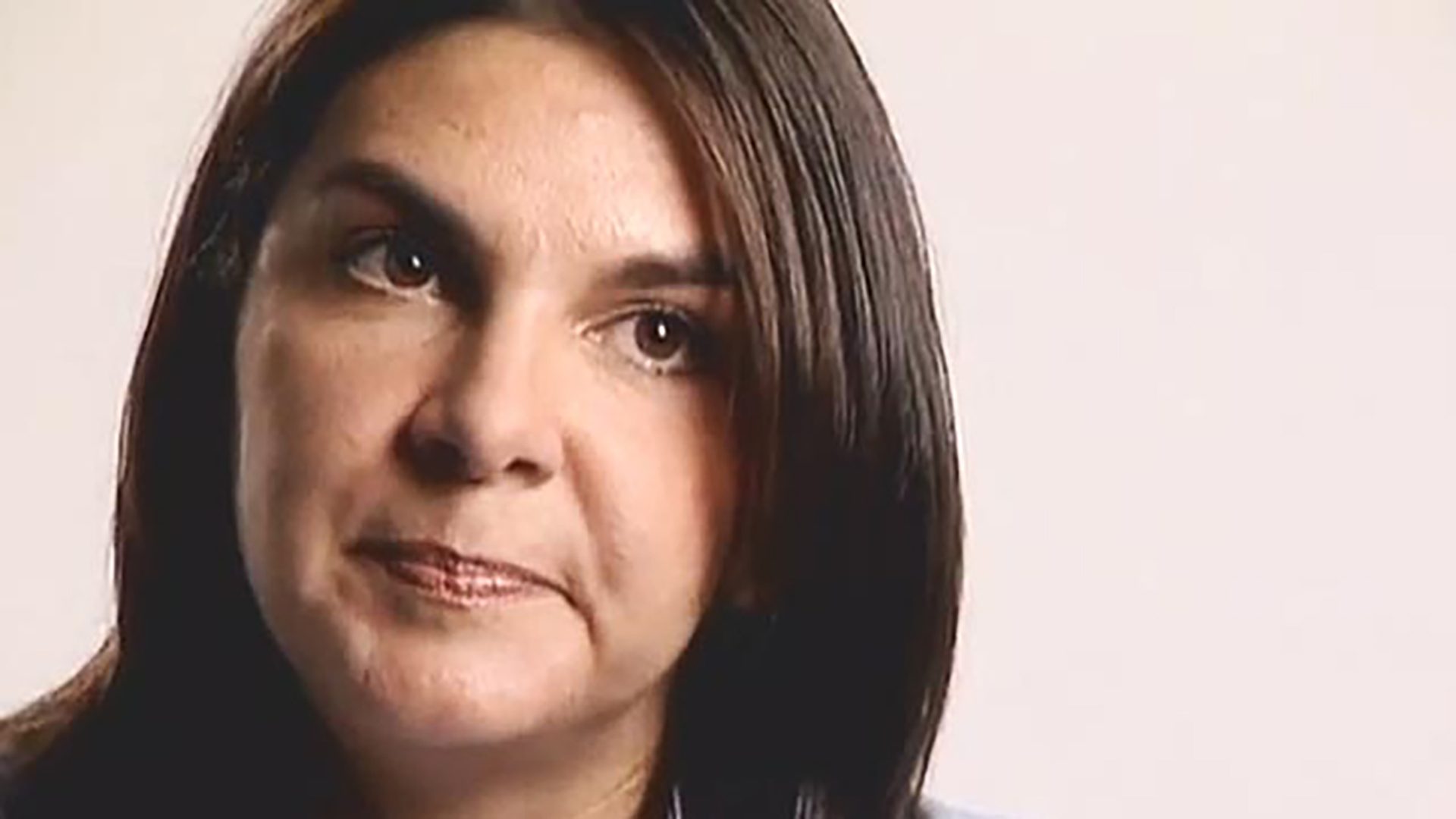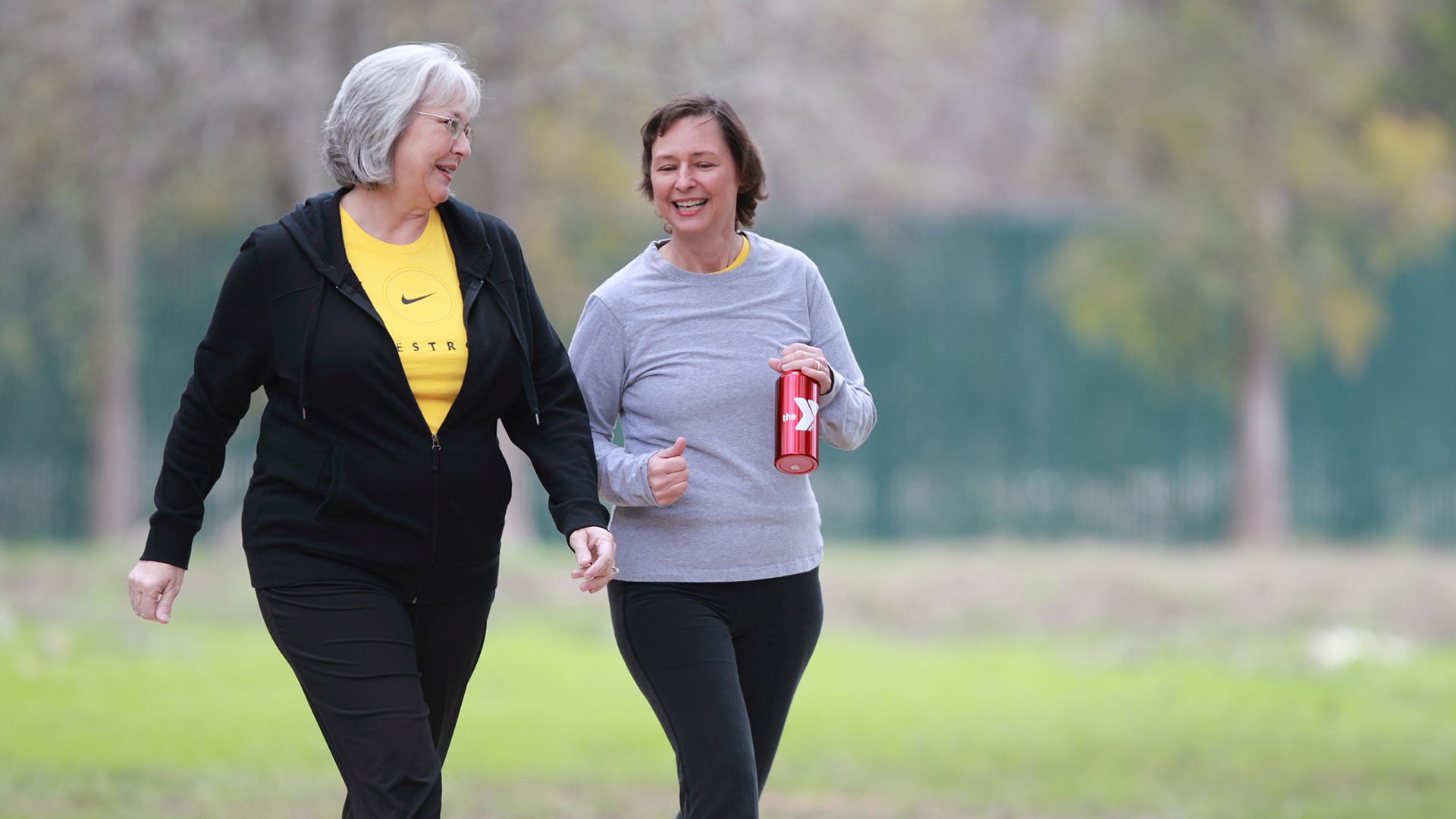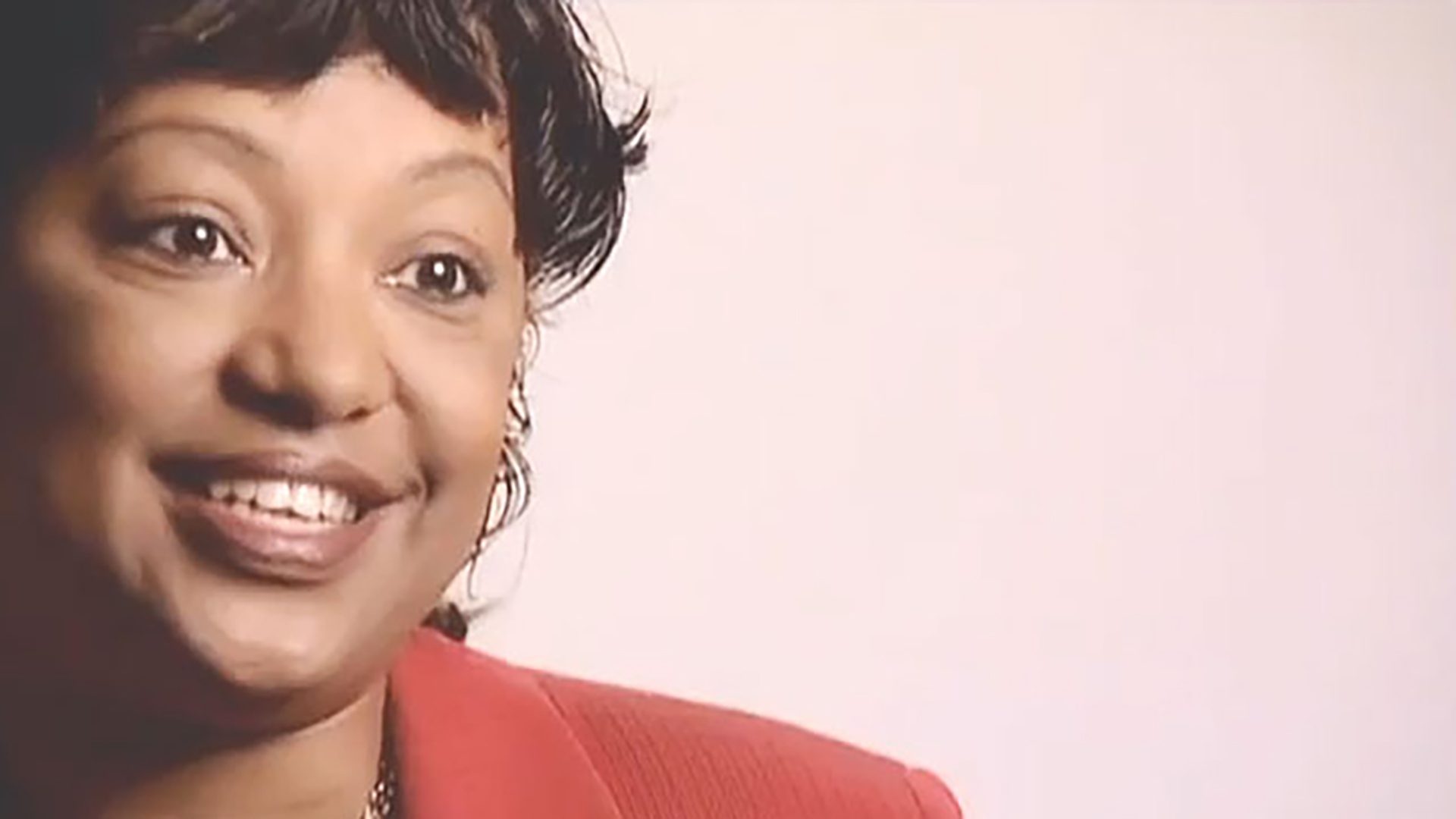Survivor Interview – Tenise F.
Lymphoma survivor Tenise talks about survivor guilt, meeting other survivors, and setting priorities.

I became a cancer survivor on June 15, 1987, with malignant histiocytosis. I had swollen lymph nodes, and that’s initially how the diagnosis was made. I had two surgeries. I had a surgery in my groin to remove 18 lymph nodes, and then a surgery under my clavicle to remove another 15 lymph nodes.
When I was diagnosed with lymphoma, I was 18. I had just finished my freshman year of college. I had to come home and go back into my parents’ house and become dependent on them. I think being a young adult, you’re gaining your independence. You gain control over your life and lose control over your life once you’re diagnosed. I’d been independent for a year and doing what I wanted to do when I wanted to do it. Now I was at the hold of what the doctor said and my parents. I was the oldest of five, and I became the youngest of five. I wasn’t able to do things that a normal 18-year-old could do. I wasn’t able to drive because of the medication I was taking. I couldn’t go to the movies and drive myself. I had to rely on friends to either come get me or my parents to drop me off.
I felt like my parents thought that I wasn’t able to make decisions anymore for myself. It’s important for the person who is going through treatment to still know that they have independence, that they make their own decisions. For someone who is taking care of someone or a loved one of someone, just remember that they’re the same person that they were before the diagnosis. Be mindful of their feelings and their respects of what they want to do with their treatment and things like that.
The doctors didn’t mention fertility issues until probably three years after I was off of treatment. They didn’t mention that it could be an issue. That it would probably be wise at some point in my twenties to be tested for viability of my eggs, for my benefit. I probably didn’t realize the ramifications of all the drugs that I had taken on my body. The fertility part was just such a small part in my mind. When you’re 20 years old, you don’t really think for when you want to have kids, so I never did anything about it, until now. I’m kind of experiencing all those issues that I probably should have faced about ten years ago. I haven’t done any tests yet. My fear is that if I do have those fertility issues, I’m a little old now to do something about it. So in my mind, what I don’t know doesn’t bother me yet.
I definitely think that being a patient with cancer, you have to be an advocate for yourself, because a lot of times, I think, doctors and caregivers get into the routine of repetitiveness. Every case is different, but sometimes they don’t look at every case as different as they should. You definitely need to make that next step to get a second opinion, find an alternative. If you’re in pain and taking pain meds and they’re not working for you, find an alternative to that pain med. I think being a cancer survivor or a cancer patient, you need to make sure that you don’t get caught up in the illness itself. Take care of yourself and remember that you are a person and that you are not the illness.
I had fair weather friends. They all called at first and were very supportive. I had a few who did stick around, but for the most part, they all continued on with their daily lives, and I was back home. When they were home for vacations or holidays, they would come and see me, but most of them I pretty much lost touch with. I have two friends who I’m still very, very close with that went with me through chemo and were there for me whenever I needed anything. Those friends that I did lose, I do have some of them now but they never ever ask questions and talk about cancer or say anything about it, which is fine. It’s always a part of my life, but it doesn’t define who I am anymore.
Something that I did personally in my mind to kind of get me through it was to know once I finished it, I was gonna be normal again. I had met so many young adults and teenagers who had been diagnosed and who were survivors. I always thought of them, that I would be there someday. Meeting them was probably the best thing that could have happened. A friend who I met turned my attitude around. He said, “You just have to remember that you’re special and that only special people get cancer. And you will be a survivor of it.” Just seeing him and knowing where he was, that I was gonna be there one day, probably helped me more than anything.
I felt a little guilty at times that a whole year of my family’s life was focused on me, that my siblings probably didn’t get as much attention as they should have. My parents were gone most of the time with me in the hospital, so they had aunts and uncles staying with them. I never really talked about it with them, about what their feelings were, until probably about five years ago. They never even felt like they were missing out on anything. They felt like my parents needed to be where they were at the time.
I think that I value my family more maybe than some do. They’re very important to me. They were very important to me when I was diagnosed and going through treatment. And being the oldest of five, growing up I was kind of the caregiver for everyone in the house, all the kids. And now, I kind of look at it as we’re all caregivers for each other and we always need to be there for each other, and family took that priority. Maybe when you’re 18, family is not a priority. I definitely take it as priority.
Survivorship to me means overcoming, moving on. Not just a survivor of cancer; a survivor of just life in general. It is doing things you want to do and being who you are and making the best of your life. Sometimes I might feel guilty about not maybe living my life to the fullest or getting angry at little things. When I see other people going through things that I went through, and it makes me remember how lucky I am to have finished cancer treatment, to be a survivor of it.
I’m Tenise Fernandez, I’m 34, and I’m a cancer survivor.

